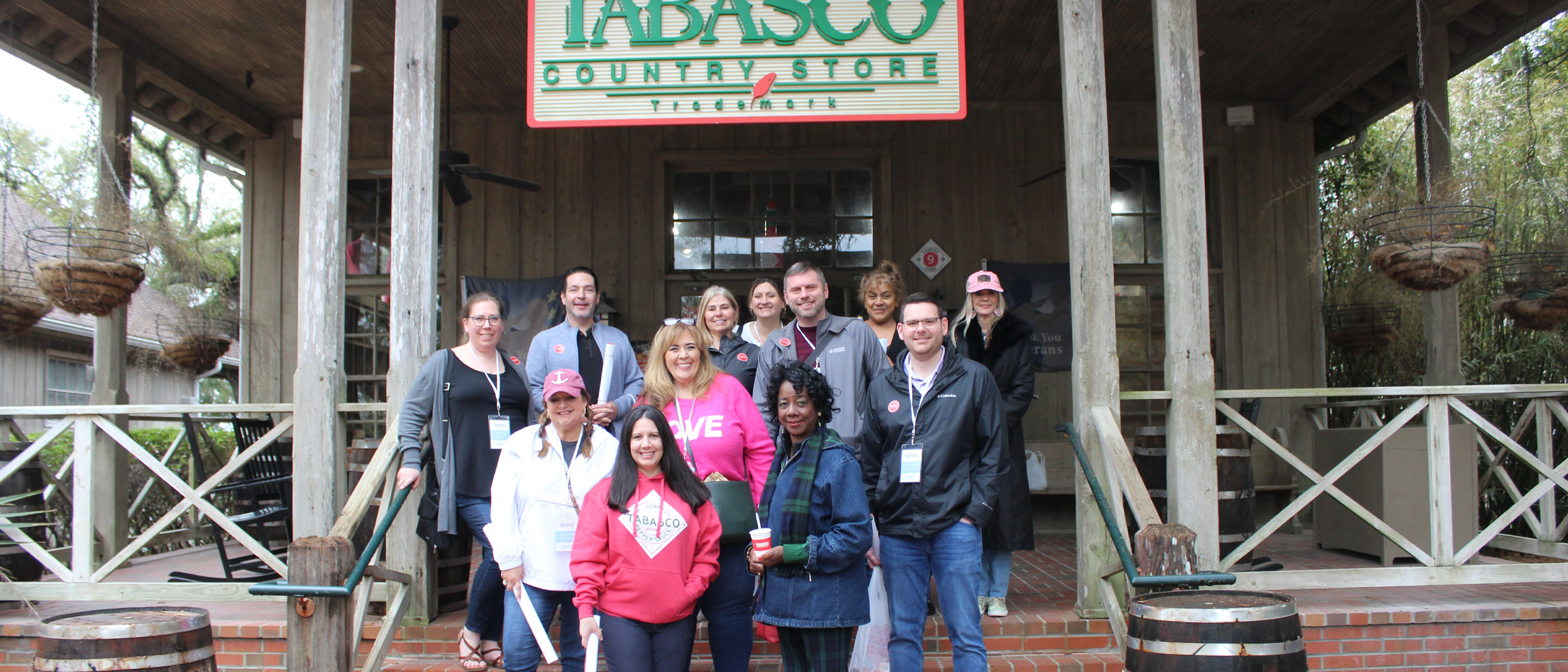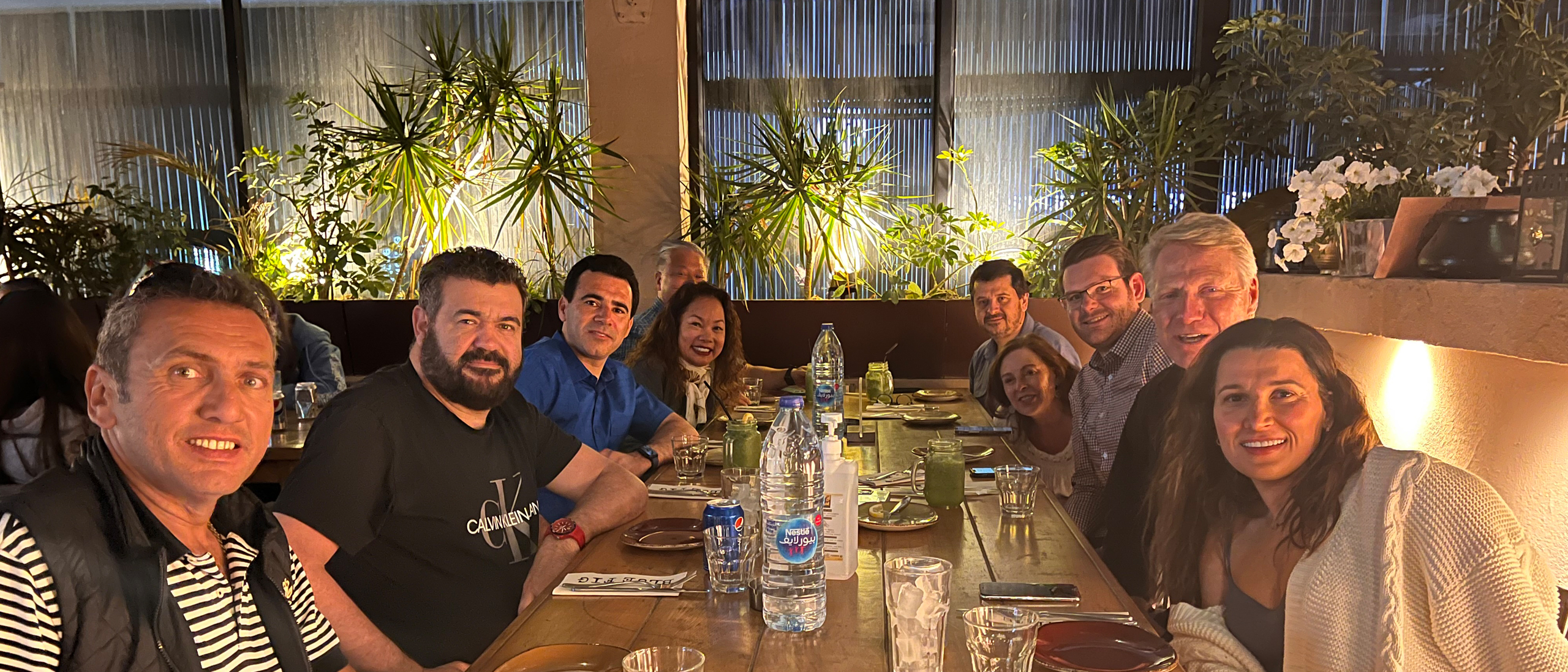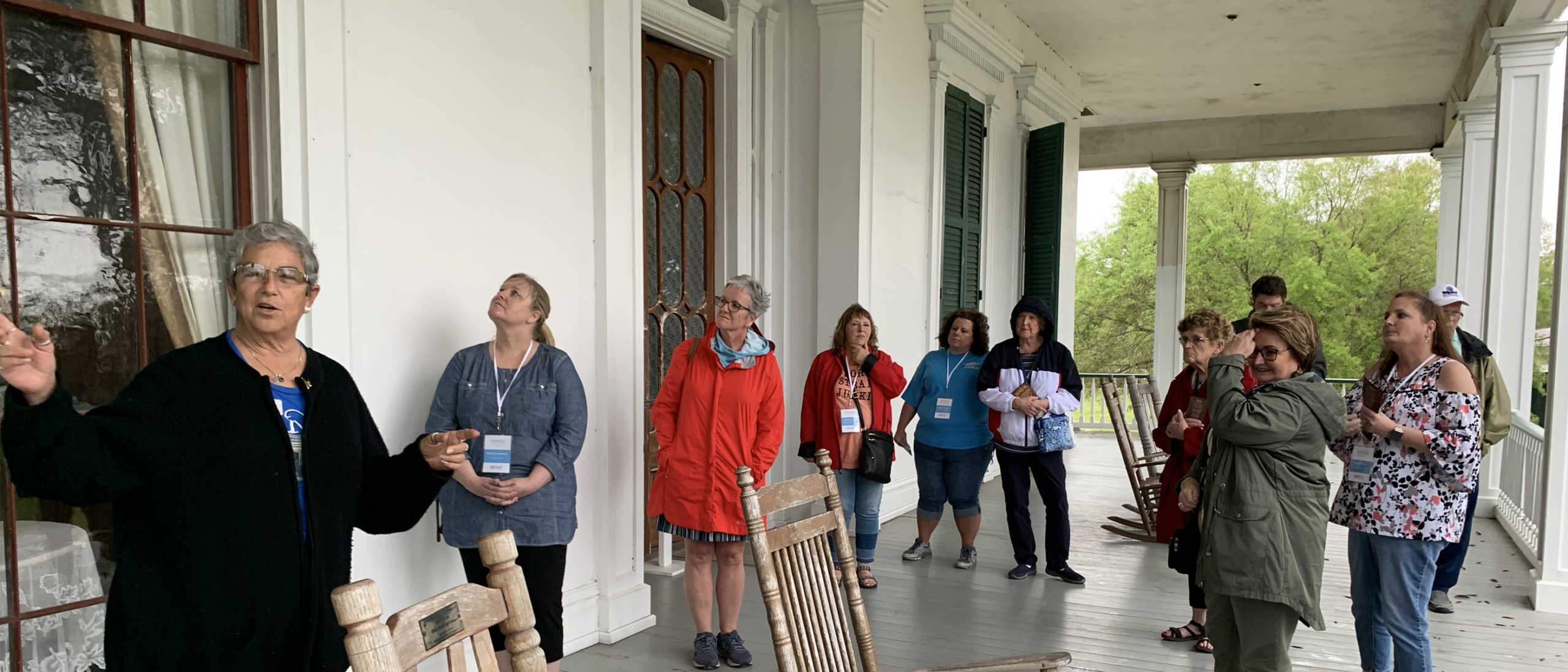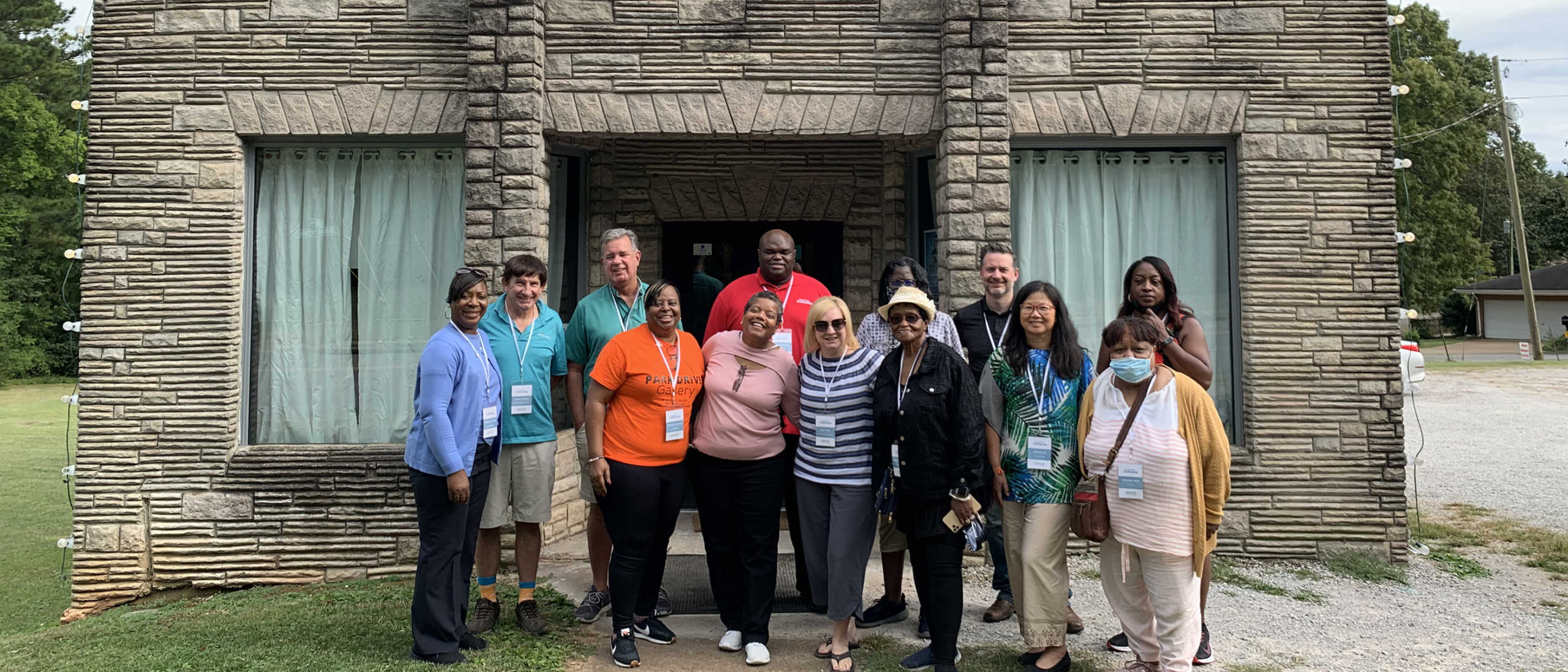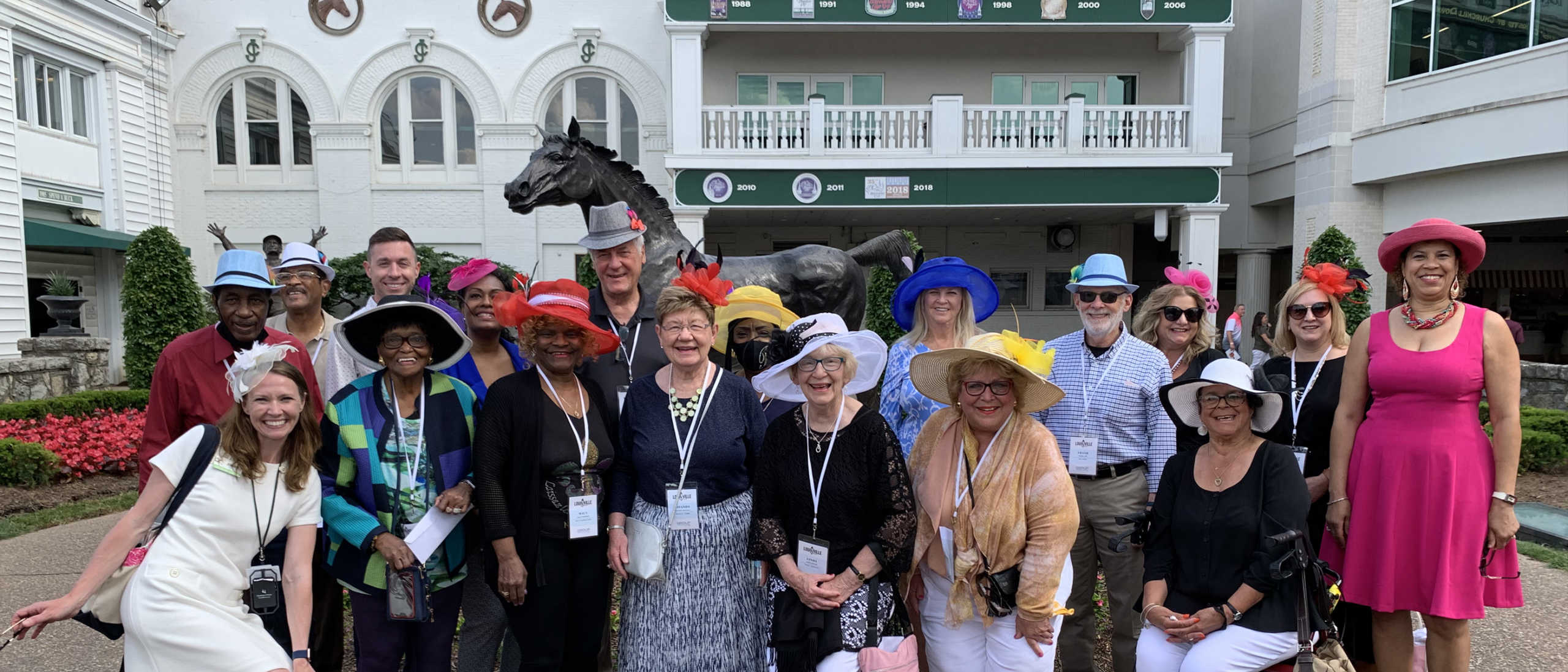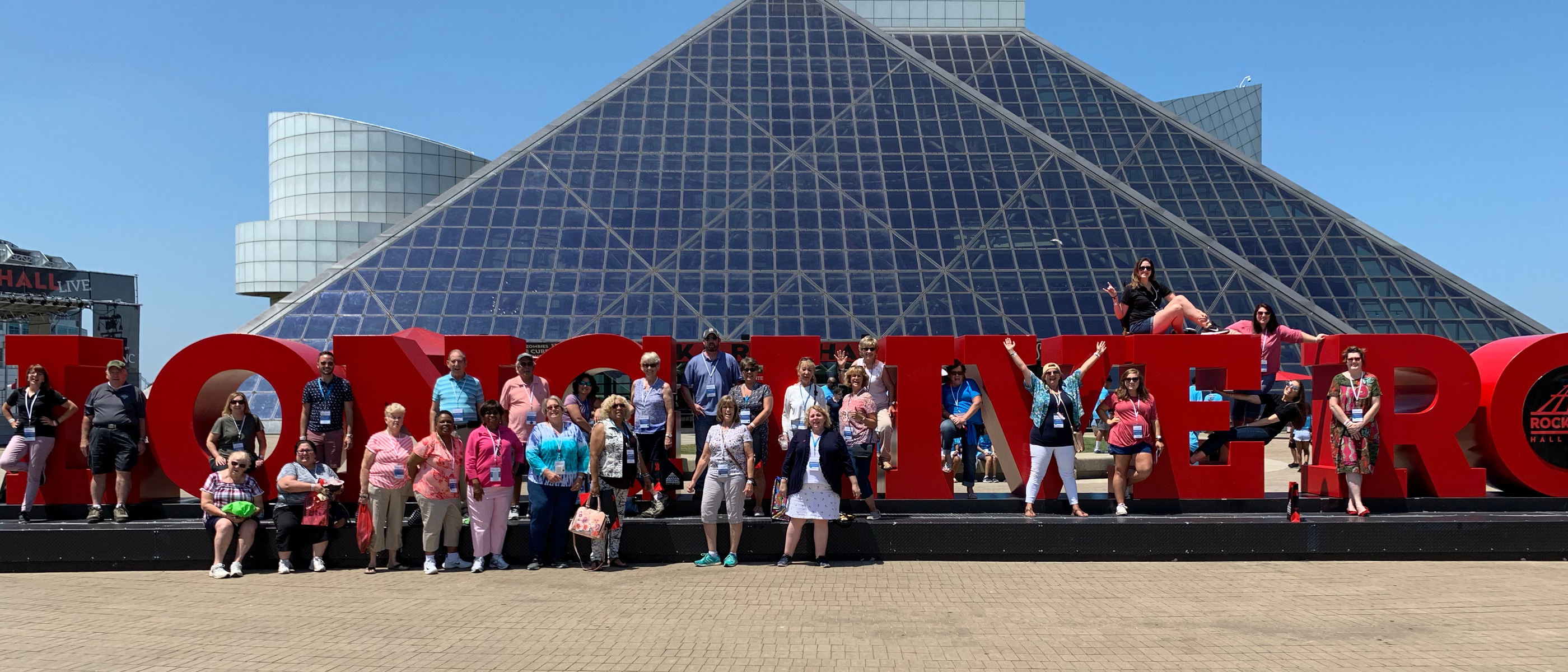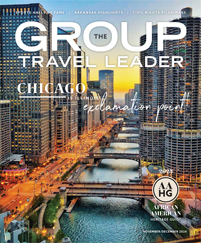
OnSite Familiarization Trips
Discover amazing destinations alongside staff members from The Group Travel Leader on our OnSite familiarization tours. These experiences showcase great attractions and activities your groups will love. Join our OnSite contact list to get priority notifications of new FAM opportunities.
Upcoming OnSite Trips
We’re Headed to Kentucky in 2025
Our friends at the Kentucky Department of Tourism are arranging a FAM tour of their state in late spring of 2025, and they’re inviting our travel planner readers to attend.
Join Us for a Trip to Louisiana’s Capital City Region
The Group Travel Leader is taking a trip to Louisiana’s Capital City region March 20–24, and we want you to come along!
Past OnSite Trips
OnSite in Myrtle Beach
Travel planners discovered the best of the beach on this FAM tour.
OnSite in Jordan 2022
Discover the eye-opening wonders of Jordan’s spiritual and cultural history.
OnSite in Jordan 2019
Join pastors and faith-based travel planners on this immersive journey through Jordan’s spiritual and historical sites.
Interested in bringing an OnSite FAM to your destination?
Email kyle (at) grouptravelleader.com or call us at 859-253-0455.








